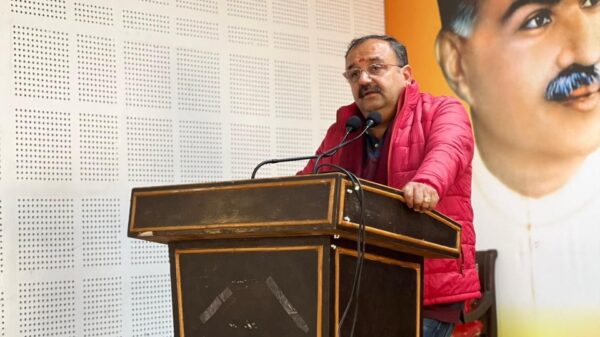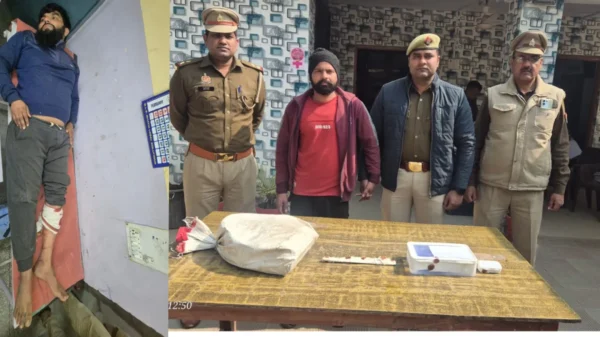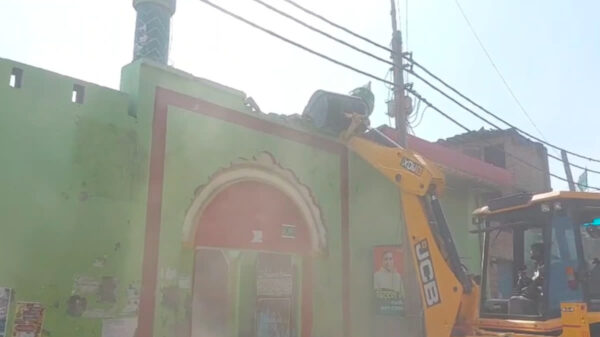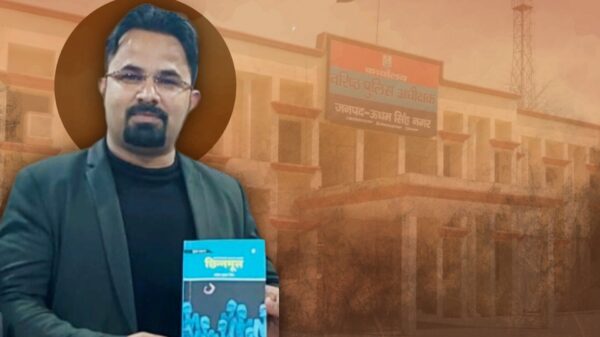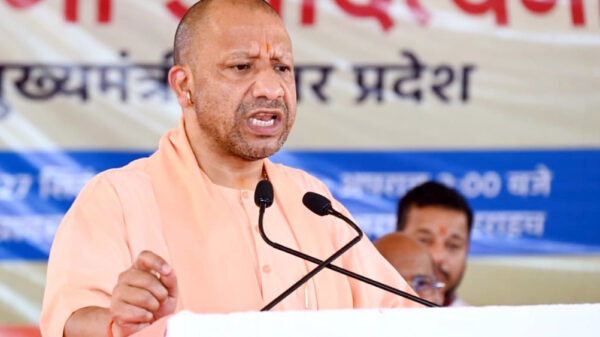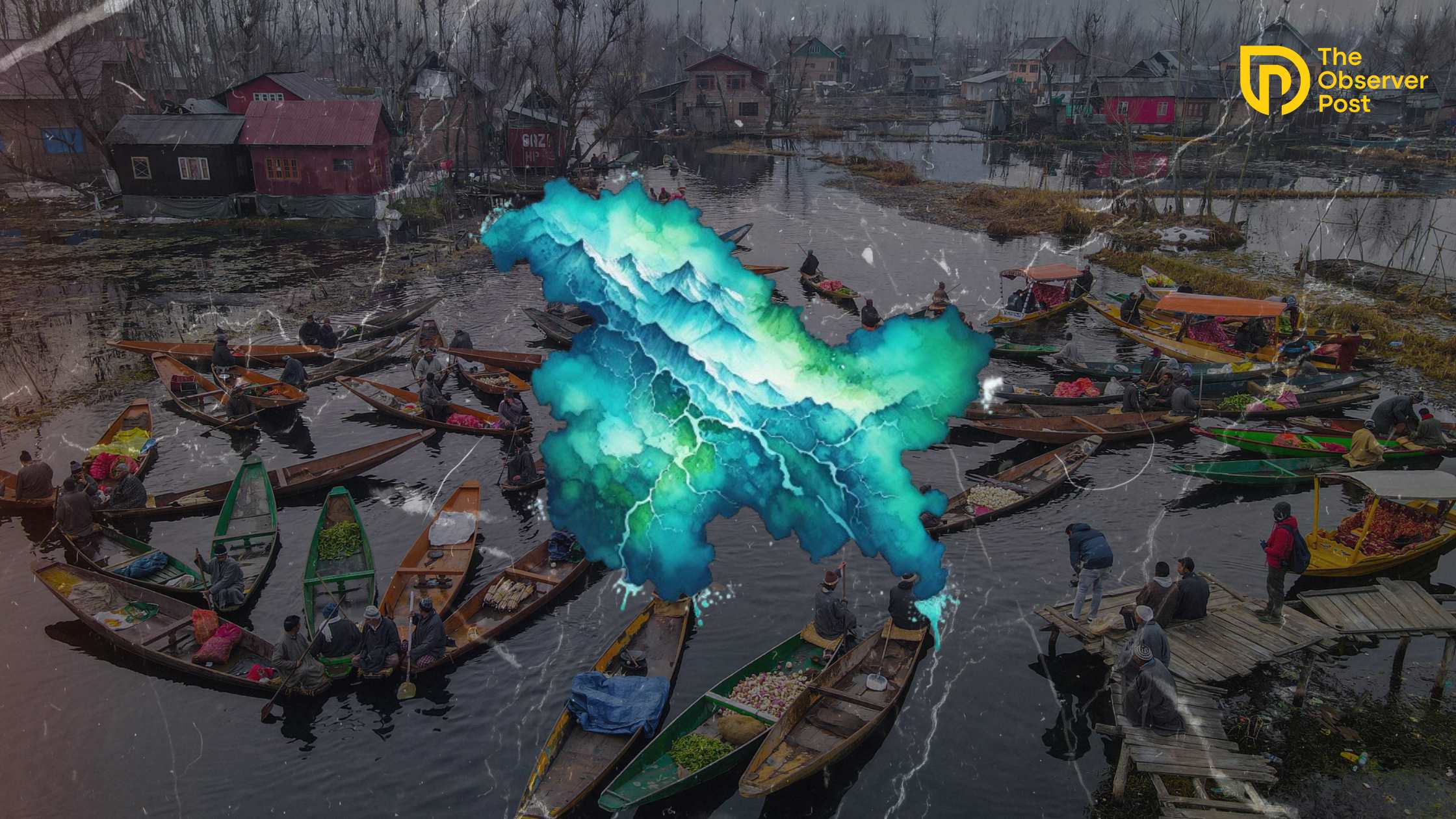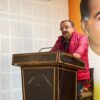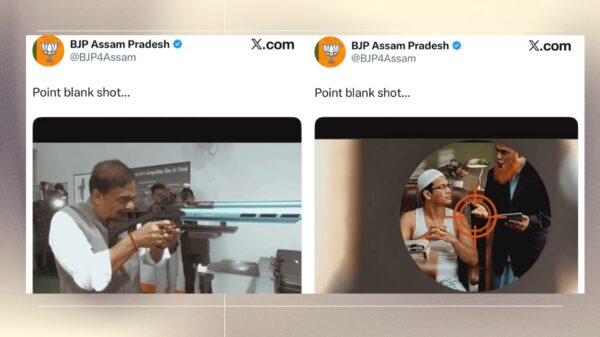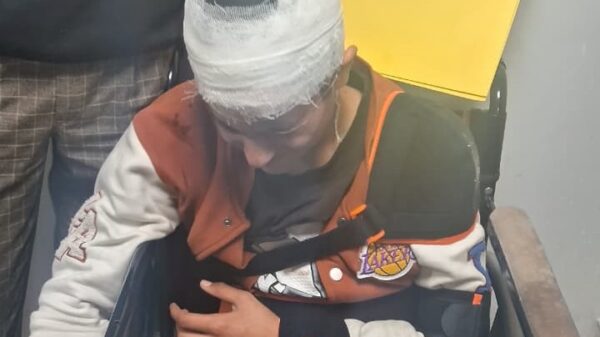On December 11, the Supreme Court of India upheld the Central government’s 2019 decision to abrogate Article 370 of the Constitution, which granted special status to the erstwhile State of Jammu and Kashmir. The five-judge Constitution bench, led by Chief Justice of India (CJI) DY Chandrachud, unanimously declared that Jammu and Kashmir had no internal sovereignty after it acceded to India and that there was no evidence of the President’s orders being an improper exercise of power.
CJI DY Chandrachud, while delivering the verdict, said that Jammu and Kashmir did not retain internal sovereignty or an element of sovereignty after the proclamation of November 22, 1949.
He stated, “The state of Jammu and Kashmir does not have internal sovereignty different from other states. Whether Jammu and Kashmir retained an element of sovereignty or internal sovereignty when it joined the Union of India, we have held no.”
We hold Jammu and Kashmir does not have any internal sovereignty after accession to Union of India.
Supreme Court
The court rejected the argument that Article 370 was permanent, saying that it was a temporary provision due to the war conditions in the state, and was placed in Part 21 of the Constitution for temporary purposes.
Justice SK Kaul added, “Article 370 was a temporary provision meant to derecognize internal sovereignty. The Constituent Assembly’s objective was to bring the State at par with other states in India and facilitate gradual integration.”
The proclamation of Maharaja stated that the Constitution of India will supersede. With this, the para of Instrument of Accession ceases to exist…Article 370 was an interim arrangement due to war conditions in the State. Textual reading also indicates that Article 370 is a temporary provision.
Supreme Court
The court ruled that the concurrence of the State legislature was not required to apply all provisions of the Indian Constitution to Jammu and Kashmir.
The Constitution of J&K, which was once inoperative, was deemed irrelevant after the abrogation of Article 370 and the application of the entire Indian Constitution to the state.
“The declaration on this proclamation, that the Constitution of India would not only supersede all other constitutional provisions in the state, which were inconsistent with it, but also abrogate them, achieves what could have been attained by an agreement of merger. With the issuance of the proclamation, paragraph of the instrument of acession ceases to be of legal consequence. The proclamation reflects the full and final surrender of sovereignty by Jammu and Kashmir through its sovereign ruler to India ” the CJI said.
The court, however, refused to rule on the validity of the Presidential rule imposed in Jammu and Kashmir in December 2018, as it was not specifically challenged by the petitioners. The court said, “When a proclamation under Article 356 comes into force, countless decisions are taken by the Centre. Not every action can be challenged.”
The court directed the Election Commission to conduct elections for the Jammu and Kashmir assembly by September 2024.
“We direct that steps shall be taken so that elections are held in Legislative Assembly of J&K by September 2024 and statehood shall be restored as soon as possible,” the Court ordered.
Prime Minister Narendra Modi characterized the Supreme Court’s ruling on the abrogation of Article 370 as a “historic” decision.
In an X post, PM Modi wrote “Today’s Supreme Court verdict on the abrogation of Article 370 is historic and constitutionally upholds the decision taken by the Parliament of India on 5th August 2019; it is a resounding declaration of hope, progress and unity for our sisters and brothers in Jammu, Kashmir and Ladakh. The Court, in its profound wisdom, has fortified the very essence of unity that we, as Indians, hold dear and cherish above all else.”
Reacting to the verdict, Former Jammu and Kashmir Chief Minster and National Conference Vice President Omar Abdullah expressed disappointment stating, “The struggle will continue. It took the BJP decades to reach here. We are also prepared for the long haul. #WeShallOvercome #Article370.”
Former J&K MLA Sajid Lone said, “The Supreme Court verdict on Article 370 is disappointing. Justice yet again eludes the people of J and K. Article 370 may have been legally obliterated but will always remain a part of our political aspirations. In the case of statehood the Supreme Court sidestepped even commenting on it, thus protecting the entire country from any future misuse, by citing precedence. Yet the same misuse was subtly endorsed in J & K. Let us hope at a future date Justice wakes up from its slumber of pretence.”






